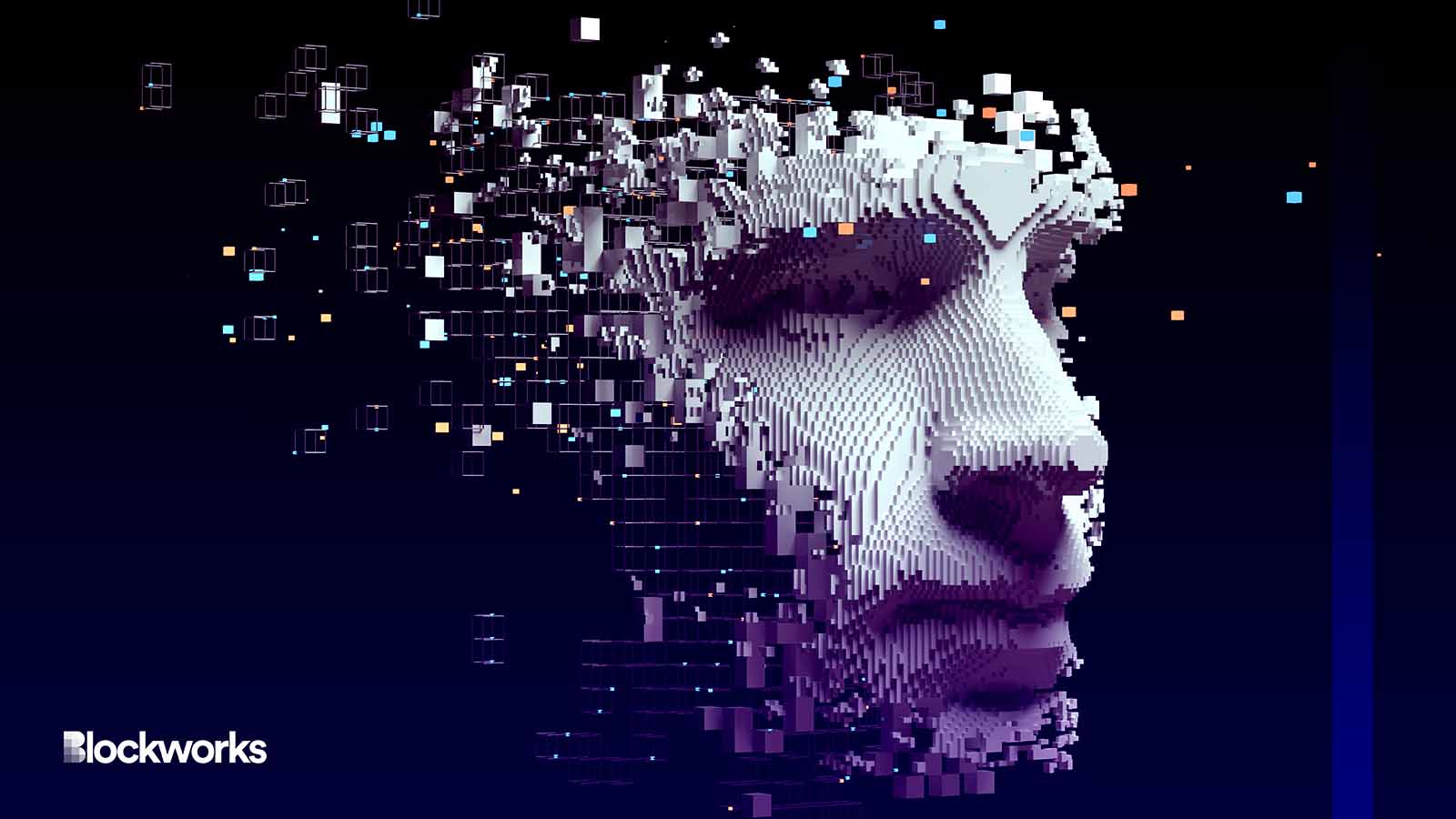Proving ‘Humanness’ Is No Easy Task on the Internet
Discerning humans from artificial intelligences is a daunting task on the internet

pinkeyes/Shutterstock
One of the first programs capable of attempting the Turing test, dubbed ELIZA, was created in 1966 to simulate conversation between humans and machines.
Since that time, artificial intelligence, or AI, has only become more varied, sophisticated and human-like. It’s increasingly difficult to discern humans and the many artificial intelligences that are interacting on the internet from each other.
How can you prove you’re a genuine, living person when ultimately, all your interactions in a rapidly evolving digital world can be boiled down to ones and zeroes?
The co-founder of Worldcoin, Alex Blania, spoke to Blockworks on the Empire podcast about his proposed blockchain-tech solution to the challenge.
“Proving humanness on the internet is gonna become this major topic,” Blania says, “and it’s gonna be really tricky because you have intelligent agents on the internet that can behave like humans.”
Fingerprints and face scans are not enough
Biometrics and blockchain are the keys to addressing the problem, according to Blania. “The only way to solve this problem fundamentally is to use biometrics and make it really privacy-preserving through cryptography.”
“We basically ended up with biometrics as the only way to get there,” which Blania admits, “was a painful insight.”
“We actually have a cryptography background and privacy background. It’s not something we got inherently excited about.”
But current biometric data like fingerprints and face scans are not sufficient data for scaling identity-recognition to billions of users. With a few million people, it can work, “because it’s really hard for me to look exactly like you” but on a larger scale, Blania says, “it’s really easy for me to look like an arbitrary human being.”
“The error rates get too high” when dealing with hundreds of millions or billions of people, “so it’s a really, really hard problem.”
The Orb
Worldcoin’s proposed solution is a hardware device called the Orb; an iris-scanner which, according to Blania, uniquely identifies users to prove humanness.
Handing over such detailed and highly personal data is a huge privacy concern, but Blania explains how the non-custodial tech avoids honeypot problems. “The only thing we or anyone else could ever prove is that you actually are unique or you have signed up before. Everything else is self-custodially with the user.”
Blania delves into the sign-up process, with users first signing up and downloading the non-custodial World app. Finding a nearby Orb device with the map function, users verify via QR code and receive a “World ID,” a “separate semaphore key pair,” Blania says.
Users receive a second wallet that includes the Worldcoin token. “The orb does a lot of liveness checks. So it makes sure that whatever we see is an actual human being,” which all happens locally, according to Blania.
“A neural network calculates a unique embedding out of the image on the device, signs it, and that’s the only thing that actually leaves the device.”
Blania reiterates, “We don’t have a database of biometric data or anything.”
On the back end, a “uniqueness check” takes place, which is inserted into a Merkle tree. The user can then prove after signup, via a knowledge-proof, that they are included in the Merkle tree. So, the user stays “fully pseudonymous,” Blania says, “and there’s just no way to get around that.”
When asked why to not instead rely on government solutions such as KYC, Blania replies, “The short answer is you can rely on some governments, or you probably could. The question is then still if you should.”
“You will have to verify on the internet that you are a human being and Elon’s version of, you just pay $8 each month, I think, is a terrible solution for a number of reasons.”
“Using government KYC will work for some countries. It will not work for the majority of the world because most countries just don’t have a great identity system.”
Worldcoin is doing that in a decentralized, open-source and privacy-preserving way,” Blania says.
“I hope it is the best way to address a really big problem in a provable way, that is not dependent on governments.”
Get the news in your inbox. Explore Blockworks newsletters:
- The Breakdown: Decoding crypto and the markets. Daily.
- 0xResearch: Alpha in your inbox. Think like an analyst.






